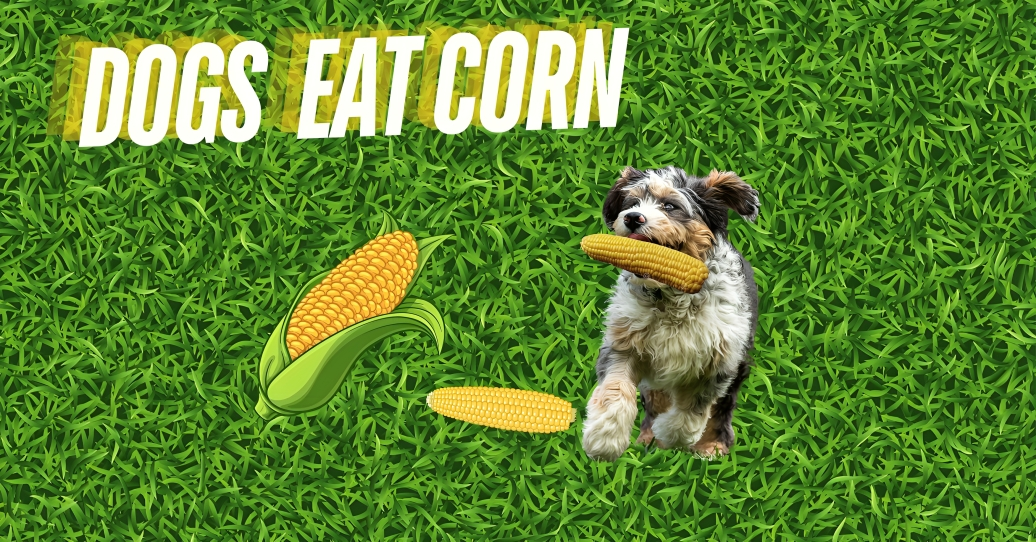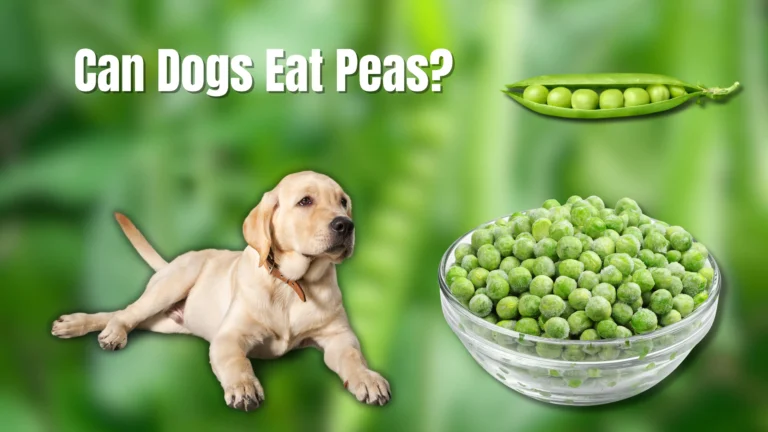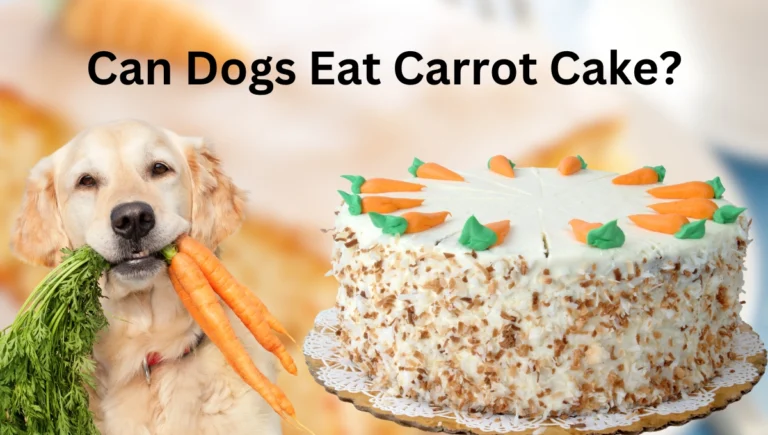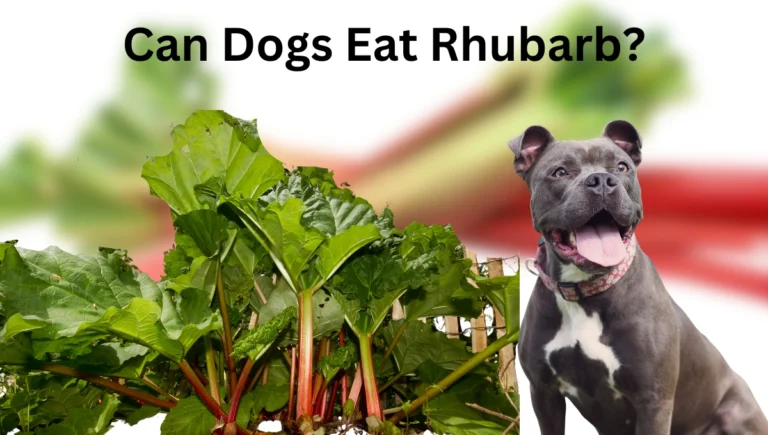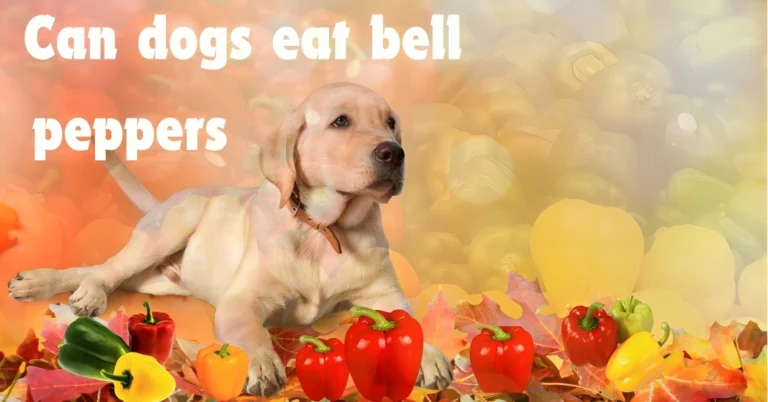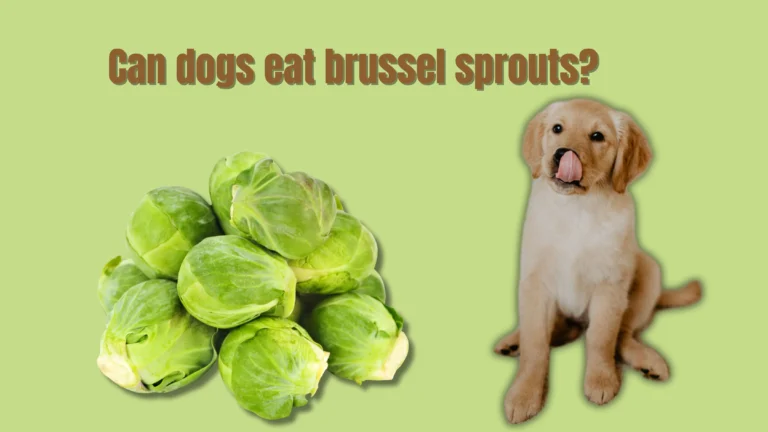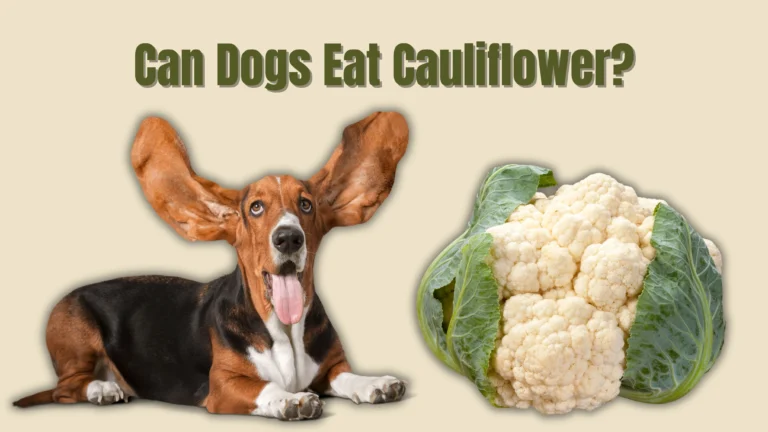Is it Safe for Dogs to Eat Corn?
Feeding your dog corn can be safe in moderation, especially if removed from the cob. Corn provides various nutrients, including vitamins and minerals, and is found in many dog foods due to its affordability and nutritional value. Is it Safe for Dogs to Eat Corn? However, Corn should always be served plain, without added butter or salt, as these can lead to health issues such as obesity, pancreatitis, and salt poisoning.
While Corn is generally safe for dogs, caution is needed with Corn on the cob. The cob can pose serious risks, including gastrointestinal obstructions or choking, as it does not break down well in a dog’s stomach. If your dog ingests a corn cob or shows signs of distress like vomiting, diarrhea, or abdominal discomfort, seek veterinary care immediately. To prevent accidents, ensure that corn cobs are disposed of properly and are not accessible to your pet.
What are the Dangers of Feeding Corn on the Cob to Your Dog?
Corn on the cob can be dangerous for dogs due to the risk of choking or intestinal blockages. If swallowed, the cob may get stuck in the dog’s throat or intestines, often requiring surgery to prevent serious harm. Even the kernels can cause digestive issues or get stuck in the dog’s teeth, leading to infections or discomfort.
Corn can be safe for dogs if given in moderation and off the cob. However, some dogs may be allergic to Corn, showing signs like vomiting, diarrhea, or skin irritation. If your dog displays any of these symptoms, consult a vet immediately.
Your vet may recommend an elimination diet to identify the problem if a corn allergy is suspected. While corn allergies are rare, they can still cause significant discomfort for your dog. Always ensure their food is suitable for their specific needs.
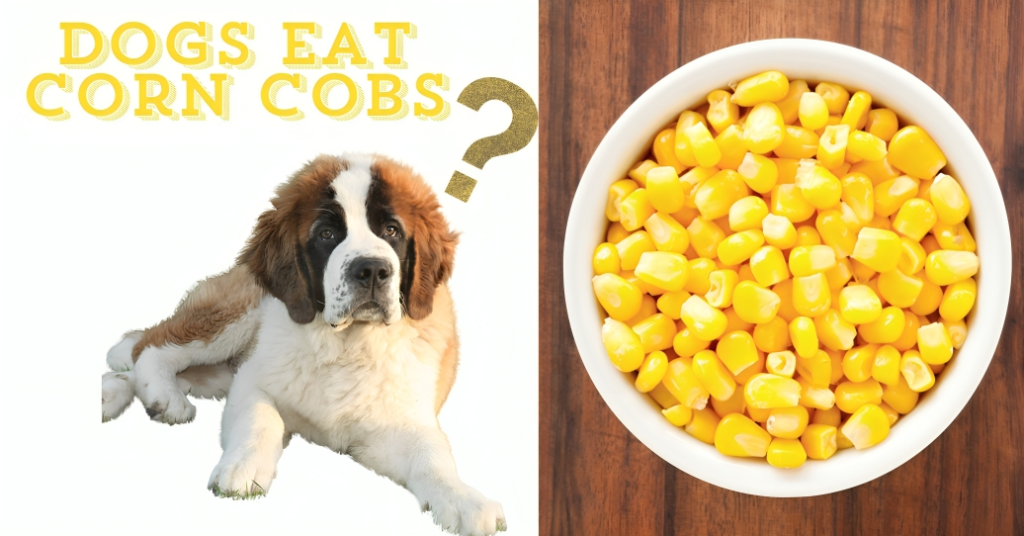
Should You Keep Corn Away from Your Dog?
Before feeding your dog corn on the cob, it’s essential to consult your vet, as they can assess if it’s suitable based on your dog’s breed and specific needs. Corn, especially when buttered, is high in calories and could contribute to weight gain or health issues. Additionally, some dogs may have undiagnosed allergies to Corn, making it crucial to consider your dog’s dietary history before introducing this food.
Corn allergies are rare, with less than one percent of dogs having a sensitivity to Corn, as noted by experts. However, a corn-free diet is recommended if your dog is among that small percentage. To confirm food sensitivities, your veterinarian may suggest an elimination diet to pinpoint the cause of allergic reactions.
Since dogs can be crafty when hunting for food, especially if they find corn cobs tempting, it’s essential to dispose of them properly. Keep corn cobs out of reach by storing them in a sealed outdoor trash can or even a freezer bag until trash day. When hosting guests, ensure everyone knows that the dog should not be given corn cobs and table scraps.
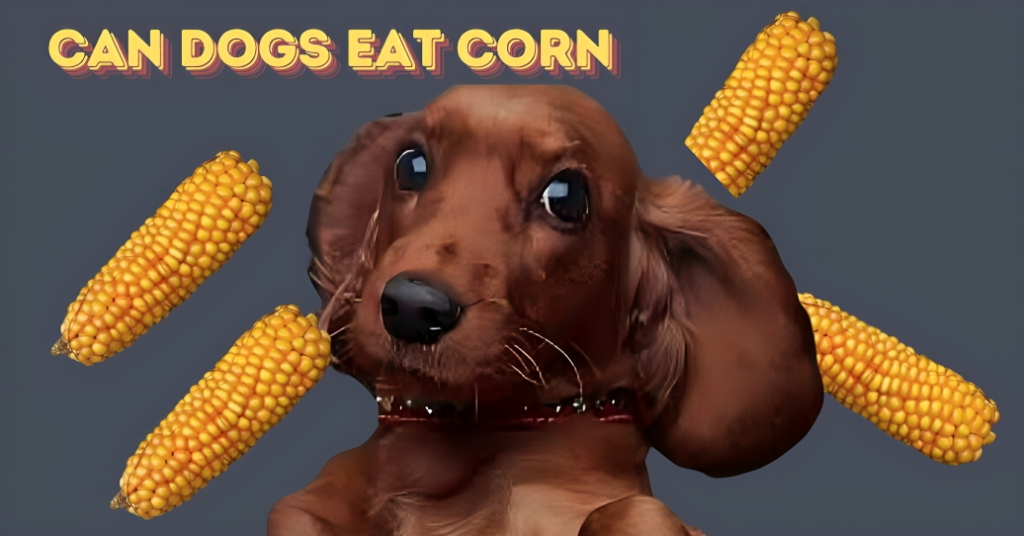
Does Corn Have Any Nutritional Value for Dogs?
Corn provides various nutrients that are beneficial to dogs. It contains easily digestible carbs, which serve as an energy source for your furry friend. Protein and amino acids in Corn are vital for maintaining healthy skin, hair, and muscles. The antioxidants, such as beta-carotene and vitamin E, help support the immune system, ensuring your dog stays healthy.
Linoleic acid, an omega-6 fatty acid found in Corn, is crucial as canines can’t produce it independently. This essential nutrient aids in maintaining a healthy immune system, coat, and skin. Dietary fiber in Corn promotes gut health and improves motility, ensuring smoother digestion for dogs.
Grains like Corn aren’t just fillers in dog foods. Corn offers highly digestible carbohydrates, essential fatty acids, and proteins when properly cooked. It is also naturally rich in antioxidants, contributing to overall health benefits for dogs.
What to Do If Your Dog Ate a Corn Cob
Dogs enjoy chewing on corn cobs, which can lead to serious health risks. If swallowed, the cob can cause choking or gastrointestinal blockage, particularly in smaller or medium-sized breeds. Corn cobs don’t break down in a dog’s stomach and may not pass through the GI tract. Symptoms include vomiting, diarrhea, lethargy, abdominal pain, and loss of appetite. If you notice these signs, seek veterinary help immediately.
Always dispose of corn cobs to prevent your dog from accessing them correctly. Dogs often rummage through the trash, so place corn cobs in a secure outside trash can. Avoid sharing Corn on the cob with your dog, as even a tiny piece can lead to health issues.
Nutritionally, Corn provides dogs with protein, carbohydrates, linoleic acid, and antioxidants like vitamin E and beta-carotene, which support muscle health, the immune system, and coat maintenance. Corn also promotes gut health through its dietary fiber content, making it a beneficial ingredient in dog foods when given safely.

